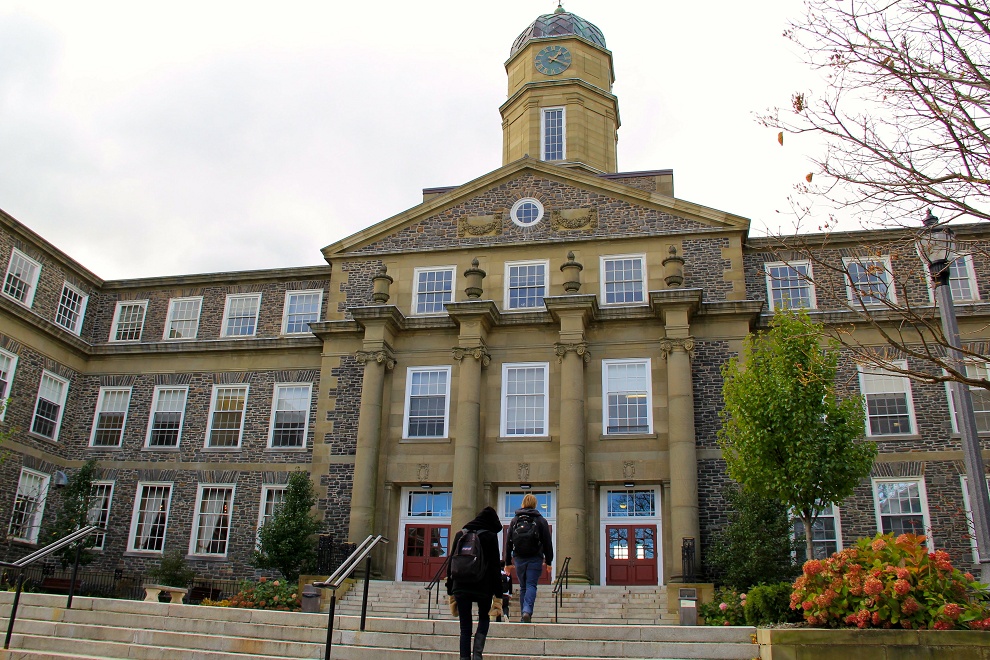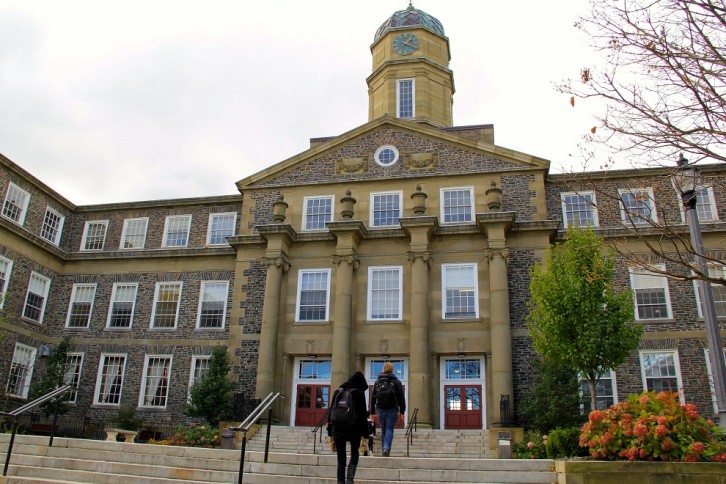Governance
Diversity for Dalhousie senate, but election process unclear
Work isn't over for equity on campus, says Dalhousie Student Union

caption
Dalhousie University claims that CEM misrepresented savings.
caption
Dalhousie University takes steps to make senate more diverse.Dalhousie’s senior academic governing body plans to include more students in an attempt to be more inclusive, but it’s still unclear how elections will work.
The university senate’s responsibilities include approving new programs and creating regulations for student conduct and discipline. It passed a proposal created by the Dalhousie Student Union (DSU) on Monday to increase the number of student members from seven to 22.
The 22 student senators will include the president and vice-president academic of the DSU, along with 14 representatives from each faculty. The remaining six students on the senate will represent equity groups on campus, including:
- International students
- LGBTQ students
- Women students
- Black/African Canadian students
- Indigenous students
- Students with disabilities
This will make Dalhousie the first university in Canada with senators representing the needs of specific equity groups.
“It’s long overdue to make these kind of changes,” said John Hutton, the DSU’s vice-president academic. “It’s important that these different perspectives are heard.”
Election process unclear
This new setup can’t take effect until elections are held, but that process has its share of obstacles.
Electing the faculty-based student senators is straightforward. Students of a specific faculty will elect a student within the faculty to represent them on senate. For example, law students will elect one of their classmates to represent them.
It’s a bit different for the six equity senators, and this is where problems arise.
The equity senators will be elected only by students who self-identify as belonging to one of the six groups. For instance, only a student who self-identifies as Indigenous can run as the Indigenous senator and only self-identified Indigenous students can vote for that senator.
Self-identified voters
When students register at Dalhousie they have the option to self-identify as members of certain groups. These self-identification groups include such choices as gender, sexual orientation, race and ethnicity, and disability. Students who didn’t self-identify when they first registered can contact the administration to do that at any time.
The voting list for the six equity senators will be created using data from the registrar’s office.
But the registrar’s office says it only tracks self-identification data on gender and race. This means that there is no exact list of students for certain groups like LGBTQ students or students with disabilities to create a voter pool for elections.
The DSU is working with the registrar’s office to find a way to make this self-identification data usable for elections.
“This is a small step,” said Hutton. “It’s not going to dramatically change the university. It’s positive, but it’s small. We have a lot more work to do.”

